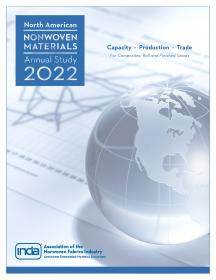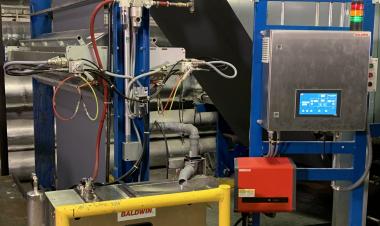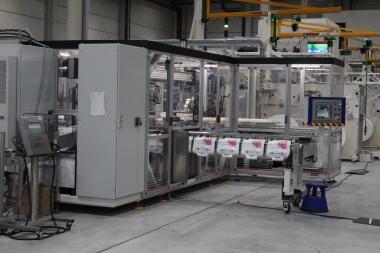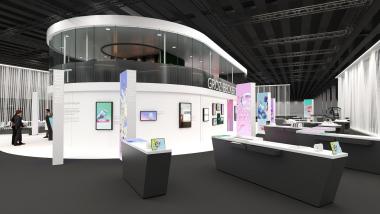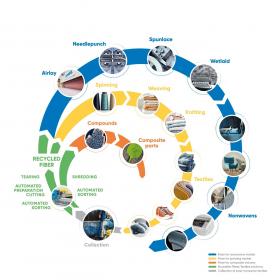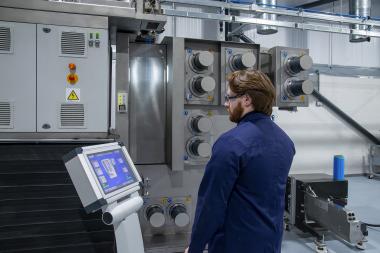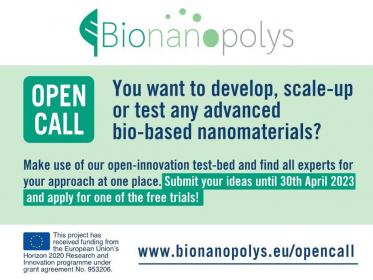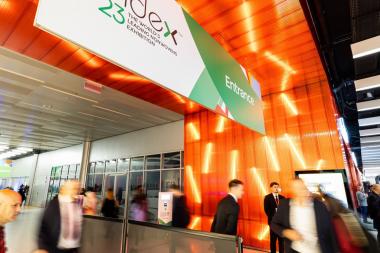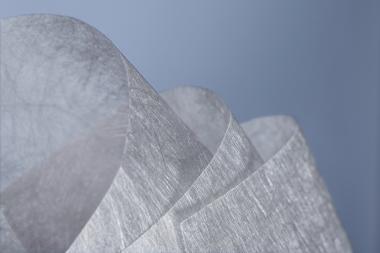INDA releases North American Nonwoven Materials Annual Study
INDA, the Association of the Nonwovens Fabrics Industry, announces the publication of a new study, North American Nonwoven Materials Annual Study 2022.
Based on actual surveys and interviews with producers, enhancing the accuracy and relevance, this study tracks machine additions, closures, and productivity improvements. This study is the industry benchmark for capacity and production information for North America and provides an estimate of operating rates, based on nameplate machine capacity, through the year 2022. The 72-page study contains 43 figures and 11 tables.
Findings from this year’s study include:
- North American capacity continues to increase with investments being made across all the processes and for a variety of end-uses. The industry’s nameplate capacity utilization has increased year-over-year, for the fifth consecutive year.
- In 2022, capacity of nonwovens in North America reached 5.565 million tonnes, an increase from the previous year of 2.4% (net growth of 128,700 tonnes) and an improvement over the previous year’s growth rate of 1.8%.
- North American imports, in tonnage, decreased 24.3% in 2022 and exports decreased 16.3% due to market stabilization after COVID. Nonwoven production tends to stay within the region, so the net trade balance (imports less exports) accounted for less than 5.5% of the region’s capacity.
INDA








